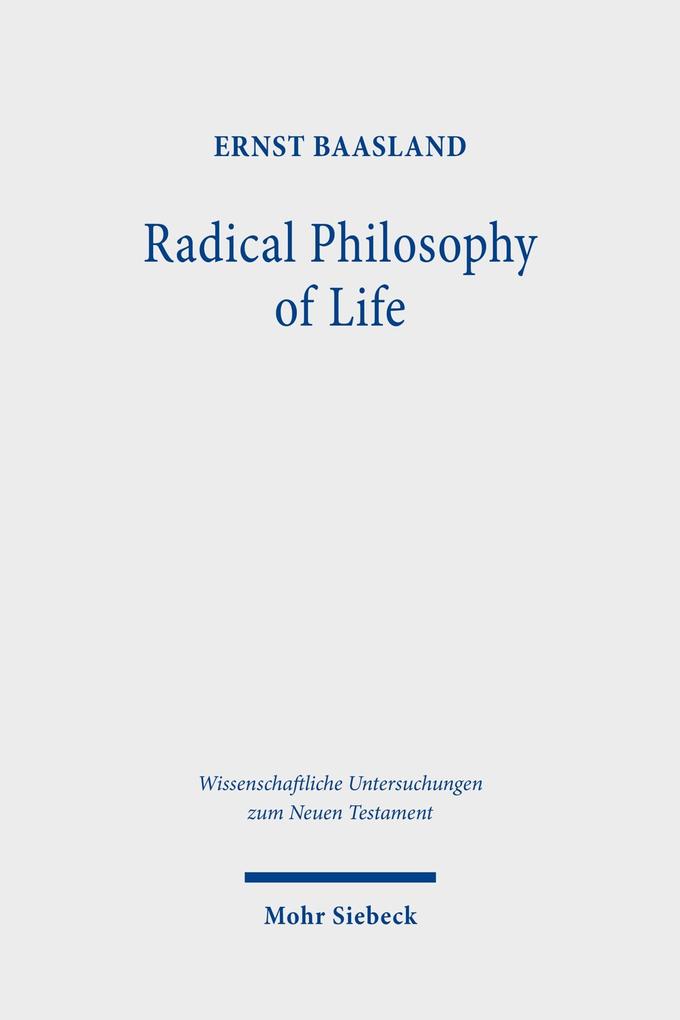
Sofort lieferbar (Download)
The Sermon on the Mount never ceases to challenge readers in every generation. New methods and new insights into new surroundings have to be applied to the most influential speech ever given. In this study, Ernst Baasland takes a fresh look at the history of research done on it, both on its broad influence and on the variety of interpretations. The historical questions are seen from new perspectives. Is orality the key to a better understanding? To what extent can we reconstruct a pre-text and the question of authenticity be answered? These questions are seen through historiographical lenses. The author argues in favour of a universal addressee and maintains that the speech contains radical philosophical thinking. The first audience consisted of Jews, and the religiously based understanding of life is conceived within Judaism. However, its ethics of wisdom is developed in a Hellenistic setting and provides a radical philosophy of life.
Born 1945; since 1971 lecturer, since 1981 professor at MF Norwegian School of Theology in Oslo; 1990-93 dean of the faculty; 1986 guest professor in Tübingen, 1994 in Princeton and 1997-98 in Hong Kong; 1998-2009 bishop in Stavanger; since retirement 2009 guest lecturer in Stellenbosch, SA and 2010 in Berlin; since 2011 affiliated to MF Norwegian School of Theology and School of Mission and Theology, Stavanger.
Born 1945; since 1971 lecturer, since 1981 professor at MF Norwegian School of Theology in Oslo; 1990-93 dean of the faculty; 1986 guest professor in Tübingen, 1994 in Princeton and 1997-98 in Hong Kong; 1998-2009 bishop in Stavanger; since retirement 2009 guest lecturer in Stellenbosch, SA and 2010 in Berlin; since 2011 affiliated to MF Norwegian School of Theology and School of Mission and Theology, Stavanger.
Produktdetails
Erscheinungsdatum
01. Februar 2021
Sprache
englisch
Seitenanzahl
685
Dateigröße
8,00 MB
Reihe
Wissenschaftliche Untersuchungen zum Neuen Testament
Autor/Autorin
Ernst Baasland
Verlag/Hersteller
Kopierschutz
mit Adobe-DRM-Kopierschutz
Family Sharing
Ja
Produktart
EBOOK
Dateiformat
PDF
ISBN
9783161598692
Entdecken Sie mehr
Bewertungen
0 Bewertungen
Es wurden noch keine Bewertungen abgegeben. Schreiben Sie die erste Bewertung zu "Radical Philosophy of Life" und helfen Sie damit anderen bei der Kaufentscheidung.









